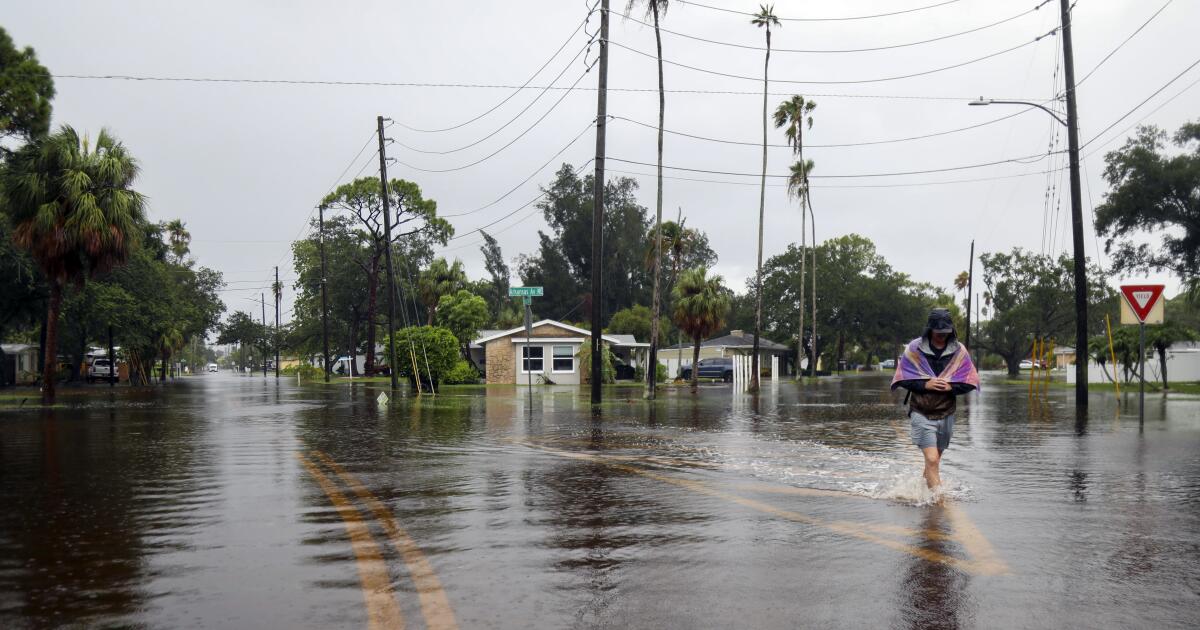Tensions Rise in the Middle East Amid Concerns of Iranian Retaliation
On Monday, U.S. President Joe Biden convened a crucial meeting with his senior national security team, as worries escalated over a potential retaliatory strike by Iran in the wake of heightened regional tensions. Biden indicated he had received comprehensive briefings regarding U.S. preparations to stand by Israel in the event of an attack, declaring the nation’s commitment to security in an increasingly volatile situation.
Diplomatic Measures Underway
Secretary of State Antony Blinken emphasized that diplomatic efforts were in full swing to avert further escalation. “We are working around the clock to de-escalate the situation,” Blinken stated during a briefing. Following the assassination of Hamas’ political figure, Ismail Haniyeh, tensions have surged, with Iran asserting that Israel is responsible and threatening “severe” consequences. Israel, however, has maintained silence on the matter.
Global Warnings and Evacuations
Countries including the U.S. and the U.K. have advised their citizens to exit Lebanon, where fears are mounting that Hezbollah, an Iranian-backed militia, may retaliate in response to the escalating hostilities. In Biden’s briefing, intelligence reports suggested that a potential Iranian attack’s exact timing and nature were still uncertain.
Interestingly, as stated by Blinken, U.S. intelligence warned that Iran and Hezbollah could mount an attack on Israel within the next 24 to 48 hours,, pushing the situation to the brink. In light of a suspected rocket attack on a U.S. military base in Iraq, where personnel were injured, Biden remarked on the readiness to respond to such assaults “in a manner and place of our choosing.”
Call for Restraint
During his statement, Biden noted ongoing efforts to de-escalate regional hostilities and suggested a precursor for broader negations might still revolve around the urgent setup of a cease-fire. Meanwhile, Blinken stressed that continued escalation serves no one, warning that the consequences would only extend to more instability and violence. He remarked, “It is crucial that all entities take necessary actions to foster peace within the forthcoming hours and days.”
Heightened Regional Tensions
The G7 nations joined in expressing profound concern over the escalated tensions and the implications of a broader conflict in the Middle East. Their statement underlines the urgent situation where “no nation stands to gain from a further escalation of violence.”
Recent Violent Events
The diplomatic landscape looked increasingly bleak as tentative cease-fire agreements previously in the works dissolved following significant violent confrontations. Key incidents included the loss of 12 civilian lives within the Golan Heights attributed to aggression from Hezbollah—numbers disputed by Hezbollah, alongside subsequent airstrikes by Israel, leading to escalating retaliations.
The confrontation gained significant further prominence following Haniyeh’s assassination, an event significant enough that Iran’s Revolutionary Guard Corps promised retaliation in the “appropriate time, place, and manner,” strongly signaling further strife on the horizon.
Flight Disruptions and Travel Advisories
As a precautionary move amid the evolving situation, airlines are being instructed by Jordan to stock additional fuel for potential airspace closures due to a regional conflict. Major carriers—including Lufthansa and Delta—have paused services to key Middle Eastern destinations such as Tel Aviv, Tehran, and Beirut, reflecting the fears of escalating conflict.
The UK Foreign Office’s warnings extend to advising against all travel to Lebanon, alongside strong recommendations for its citizens still in the region to leave. This precautionary background comes after the conflict in Gaza spiraled following a deadly assault by Hamas on Israel in early October.
Since Israel’s intensive military response in Gaza, the aftermath has led to significant loss of life—reportedly over 39,600 Palestinians—and further strain on already tenuous ties, with Hezbollah increasingly involved in cross-border confrontations that have left casualties steep on both sides.
The “Axis of Resistance”
Hezbollah and Hamas, allied under Iran’s directives, contribute to a broader coalition known as the “Axis of Resistance”—a range of militant factions that stand against Israel and its major ally, the United States. This coalition underscores the grave implications should hostilities spiral further, escalating the devastating impact on the region.

